To provide the best experiences, we use technologies like cookies to store and/or access device information. Consenting to these technologies will allow us to process data such as browsing behaviour or unique IDs on this site. Not consenting or withdrawing consent, may adversely affect certain features and functions.
The technical storage or access is strictly necessary for the legitimate purpose of enabling the use of a specific service explicitly requested by the subscriber or user, or for the sole purpose of carrying out the transmission of a communication over an electronic communications network.
The technical storage or access is necessary for the legitimate purpose of storing preferences that are not requested by the subscriber or user.
The technical storage or access that is used exclusively for statistical purposes.
The technical storage or access that is used exclusively for anonymous statistical purposes. Without a subpoena, voluntary compliance on the part of your Internet Service Provider, or additional records from a third party, information stored or retrieved for this purpose alone cannot usually be used to identify you.
The technical storage or access is required to create user profiles to send advertising, or to track the user on a website or across several websites for similar marketing purposes.
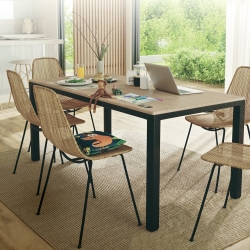 Jiecang, one of the world’s leading supplier of linear actuators, in conjunction with the Austrian brand Logicdata, a European company that has been part of the Jiecang Group since 2021, is offering a wide range of technological solutions to make office furniture more dynamic, smart, and interactive. (more…)
Jiecang, one of the world’s leading supplier of linear actuators, in conjunction with the Austrian brand Logicdata, a European company that has been part of the Jiecang Group since 2021, is offering a wide range of technological solutions to make office furniture more dynamic, smart, and interactive. (more…)






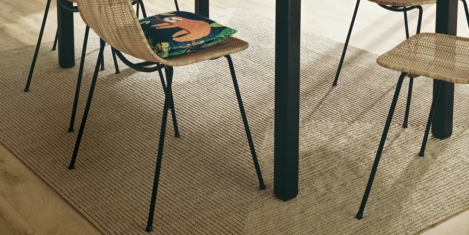
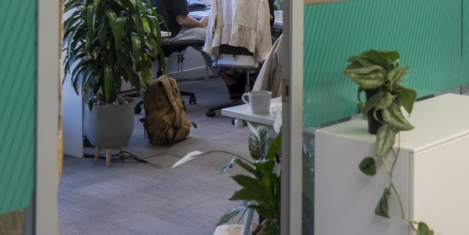
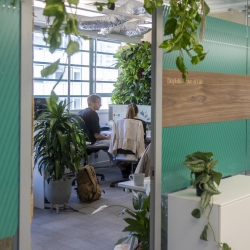


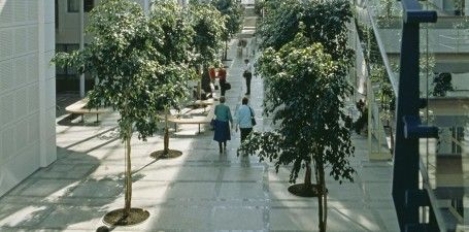
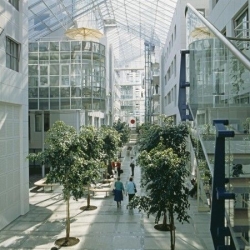

 The leadership pipeline for women has hollowed out in the middle, according to a new study “
The leadership pipeline for women has hollowed out in the middle, according to a new study “






 Bisley is to present its first ever showcase at the Stockholm Furniture Fair (7-11 February 2023), illustrating the multitude of innovative ways in which the brand’s collections can support and enhance home working. Organised in four zones, the stand will focus on key products which tell the story of Bisley’s wide-ranging expertise in designing and manufacturing office furniture solutions, at home and in the workplace.
Bisley is to present its first ever showcase at the Stockholm Furniture Fair (7-11 February 2023), illustrating the multitude of innovative ways in which the brand’s collections can support and enhance home working. Organised in four zones, the stand will focus on key products which tell the story of Bisley’s wide-ranging expertise in designing and manufacturing office furniture solutions, at home and in the workplace. 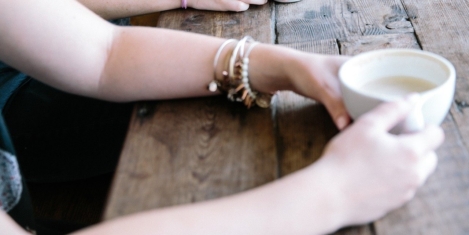












January 20, 2023
AI presents us with a chance to rediscover what it means to be human
by Mark Eltringham • Comment, Technology